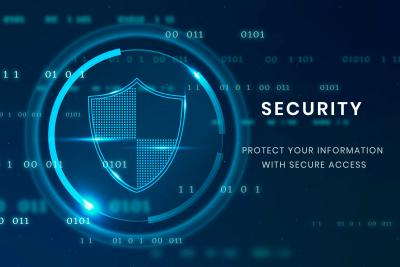Anti-virus, do I need it? by Librarian Nicholas Saturno

Anti-virus, do I need it? by Librarian Nicholas Saturno
What is Anti-virus?
Antivirus software, or anti-virus software, also known as anti-malware, is a computer program used to prevent, detect, and remove malware.
There are currently more than 50,000 viruses in existence and 200 viruses are discovered each month, it's recommended you update your software at least once a month.
Antivirus software is especially useful for scanning attachments and links within email messages. E-mail offers many opportunities for security problems and should not be considered secure. Remember not to open email attachments from unsolicited sources. Malicious web sites can install software on your computer or collect personal.
Signs that your system might be infected or compromised
-
Your system shuts down spontaneously and frequently, even if you don't use it.
-
Your Internet connection slows to a crawl even while you are not doing anything significant.
-
Your virus scanner crashes and cannot be started again.
-
You are no longer able to visit antivirus sites.
-
Your hard disk fills up and you can't find the files that use up all the disk space.
-
Your computer seems to be displaying an inability to start (boot up) or taking longer than normal to start up.
-
Your computer is exhibiting unpredictable program behavior.
-
Strange graphics appear on your screen.
What to do when your system has been compromised
-
Remember that it is important to act as soon as possible to prevent further damage or spread of a compromised system.
-
Contact your vendor that you purchased your anti-virus software form. The vendor will take your information and open a ticket. The vendor will provide information on how to remediate your system. In many cases the only way to be certain that your system cannot be used by an attack is to reinstall the system.
-
Change passwords on any computer you use. If your system has been compromised, it is possible that your passwords have also been compromised.
How to prevent Ransomware attacks?
-
Update software and operating systems with the latest patches. Outdated applications and operating systems are the target of most attacks.
-
Never click on links or open attachments in unsolicited emails.
-
Back up data on a regular basis. Keep it on a separate device and store it offline.
-
Follow safe practices when using devices that connect to the Internet.

